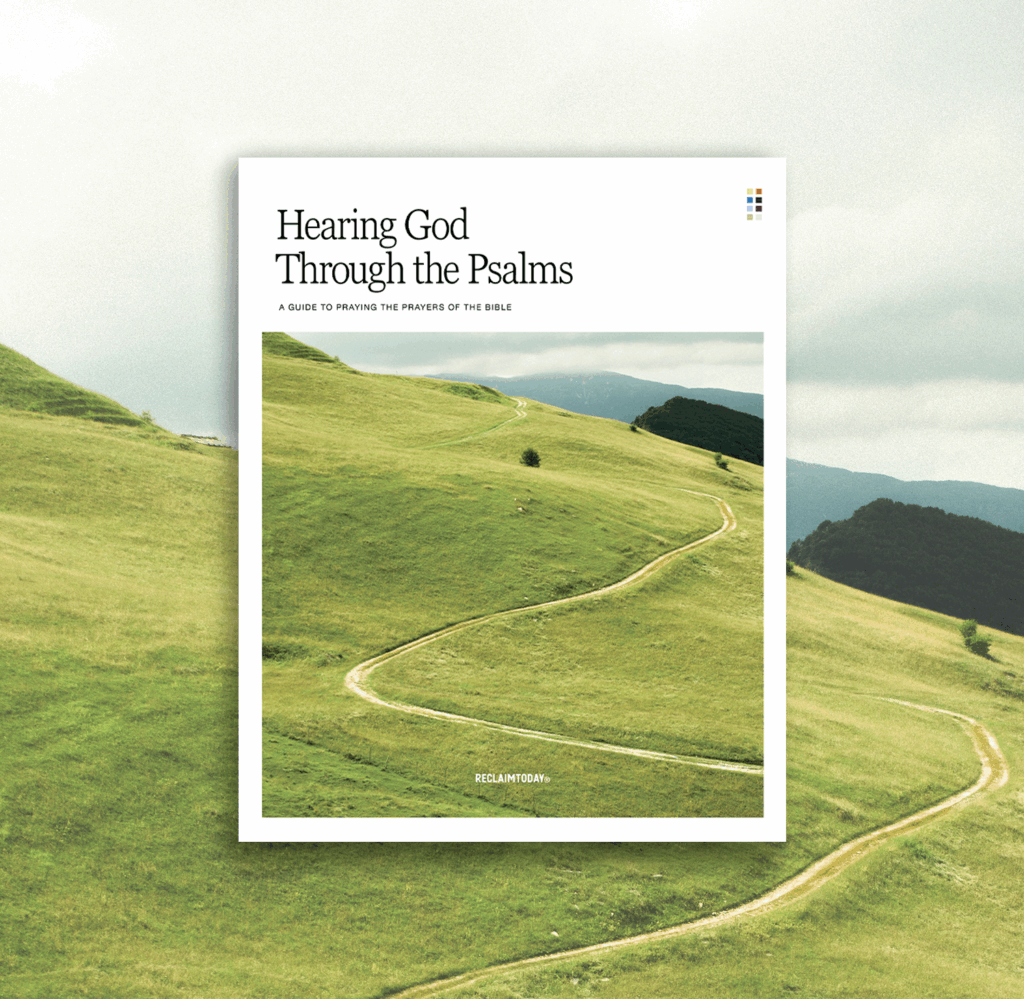The lion’s nails burrow deep in his scaly flesh, ripping away one layer, then another. Beneath these dragon scales is a boy, but to free him the lion must first remove the false skin. It is a painful procedure. Brutal. The boy grits his teeth and submits to the lion’s scraping paws. There is no other way to get to the truth.
This passage from C.S. Lewis’s The Voyage of the Dawn Treader often comes to mind on those days when, once again, I sit with a friend and venture to tell the truth about myself. It’s not that I’ve been lying until that moment. It’s more that the truth has become obscured, covered up, compromised by all those small untruths that accrue with the passage of time. Underneath my cheerful disposition lies a question, a doubt, an addiction, a hurt. I find myself needing to confess.
That word, confess, has an intimidating weight to it. For some, it might conjure our history lessons—tales of wayward priests long ago who demanded payment for forgiveness of sins. For others, it might evoke the awkward, earnest confessions of teenage accountability groups. On corny police procedurals like Law and Order, a “confession” is what cops are so desperate to get out of criminals.
Which is to say, few of us feel positively about confession. Maybe my reference to a dragon and a lion’s nails makes things worse, adding more terror to an already fraught topic.
There’s no use denying it: confession can be terrifying. Telling the truth about yourself is a fearful prospect, especially if you—like me—are adept at wearing masks.
But as terrifying as the experience can be, confession is also beautiful. Even the dragon boy, Eustace, has a change of feelings once the lion finishes his work and throws him into a pool. “After that it became perfectly delicious and as soon as I started swimming and splashing I found that all the pain had gone… I’d turned into a boy again.” After his attempts to heal himself, Eustace finally lays himself bare to the lion. He feels the deep relief that comes after we get down to the truth. While the pain of his self-disclosure is familiar to me, his relief is also.
Perhaps this is why, when the Bible talks about confession, it uses the word healing. We confess our sins to God to be forgiven and cleansed, but God’s provision for us goes well beyond the erasure of a damning record. Confession includes restoration, comfort, and the treatment of wounds. James writes: “Therefore, confess your sins to one another and pray for one another, that you may be healed. The prayer of a righteous person has great power as it is working” (James 5:16). If we’re brave enough to take confession from our private prayers into the confidence of a trusted relationship, James gives us reason to hope for a profoundly healing work.
For centuries, church elders in many streams of the faith have fostered safe places for this kind of healing to take place. Like fasting, silence, or simplicity, confession is a time-honored spiritual discipline that’s benefited generations of believers. Rather than becoming fuel for gossip or judgment, sins are aired and then absolved by Christ. Those in High-Church settings can still partake in confession at regular church services, and evangelical believers can meet with pastors and church elders during office hours. No matter where we worship, we’re invited to join in the practice of confession and find ourselves healed.
And yet, I must admit a need for more. While more formal confession is beneficial, I’ve found just as much benefit from the mutual confession of friends.
On many occasions, I’ve tentatively made my way into the light of a friend’s compassionate gaze. Other times, I’ve texted a friend: Do you have a few minutes? I need to talk through some things.
Confession doesn’t have to announce itself with the gravity of an organ played in a minor key: I have a confession to make. It doesn’t have to be awkward. My best experiences of confession have taken place in the give-and-take of safe, steady friendships. This allows room for mutuality, for reciprocal vulnerability. We shouldn’t force our emotions on friends who are not prepared; neither should we entrust our inner lives to people with whom we have little trust. I’ve started disclosing myself naturally in conversation as things come up. As I take steps toward trusted friends, they have a chance to take steps toward me.
In her song, “Different Kinds of Happy,” Sarah Groves writes of confession in friendship. “Go on and ask me anything,” she begins in verse one, following up in the second verse with, “I gotta ask you something / please don’t be afraid.” This mutuality is familiar to me. I’ve confided in friends, and I’ve asked them direct questions when given permission to do so. The chorus expresses the joys of such a relationship: “It’s a sweet, sweet thing / standing here with you and nothing to hide.”
The confession of our sins, our fears, and our shame can lead to a different kind of confession. The ugly truth we shared was only partial. When I tell the truth about my failures, my friend can return to me a deeper truth: I am loved, embraced, welcomed, forgiven. This, too, is a confession.
Confession is not only a voicing of sin. It is a way of telling the truth about ourselves, and about God. I confess my shame, but I also confess my faith, giving voice to greater truths— “I believe in one God, the Father almighty…” When shame isn’t holding part of me hostage, undercutting my confession of faith, I speak these words aloud with the conviction that I am telling the truth, and so is He.

